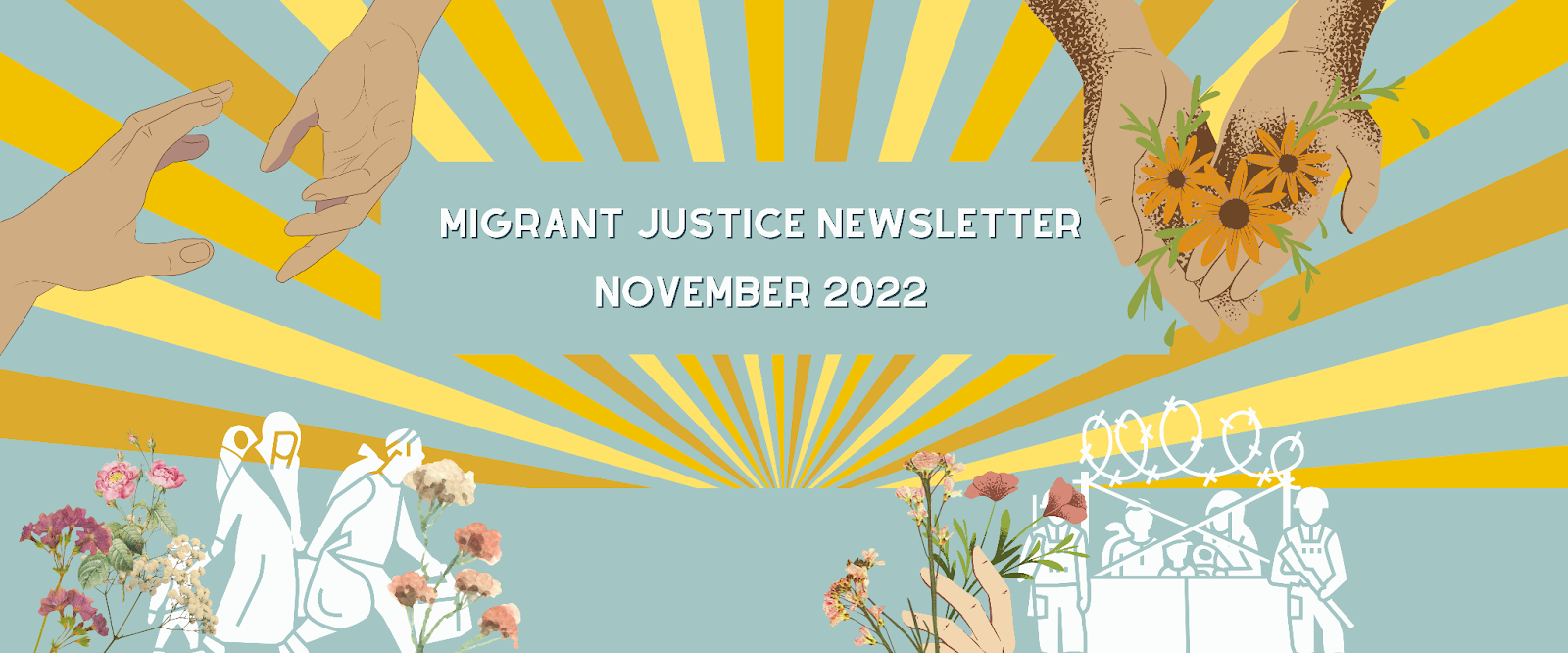The Covid 19 pandemic caused a shift within the migration dynamics in South and Central America.
While up to 2020 more than 90% of asylum seekers reaching the U.S. border came from Mexico, Guatemala, Honduras and El Salvador, the composition shifted, and by August 2022 the second most common origin of migrants was Venezuela.
Though this exodus towards the U.S. is a more recent development, mass migration from Venezuela has been happening for years. In the last decade 7.1 million Venezuelans fled the country, 80% of whom seeking refuge in South and Central American countries as well as Caribbean nations.
In these countries many of the refugees are met with an uncertain migration status, discrimination, xenophobia, violence and an inability to meet basic needs. These circumstances drive a rising number of Venezuelans to the U.S.where they are faced with hostile anti-immigration policies. In March of 2020, the Trump Administration used the Covid 19 pandemic as a pretext for one of the sharpest laws against migration in history. The president reinstated "Title 42" ( a statute last invoked in 1929 to bar the entrance of ships during a meningitis outbreak) so that most migrants who arrive at a U.S. port of entry without documentation and that any migrants found at the U.S. border must be expelled to Mexico or the country of heritage. [Note: only a limited number of countries accept Title 42 expulsions from the US.] For many Venezuelans this means a lengthy process or no chance for entry in to the U.S. at all.
Following the U.S. policies, Mexico began to mandate a tourist visa for Venezuelans entering the country.
Though Biden promised to make changes in the U.S. immigration policies, Title 42 has not been annulled. Together with Biden's financial support for the countries of origin and those who take in big numbers of refugees, Title 42 is used to keep migrants from reaching and entering the U.S. This is especially visual in the fact that the administration still has not established a reception system for migrants to apply for asylum.
To end this humanitarian crisis, the U.S. government has to invest into reception and robust asylum systems, stop policies discouraging asylum seekers, and end Title 42. Furthermore, it has to increase opportunities for people to apply for a humanitarian visa within Venezuela.
But it is not all on Biden. Regional challenges require regional approaches and the governments of the Americas have to build regional protection systems.



